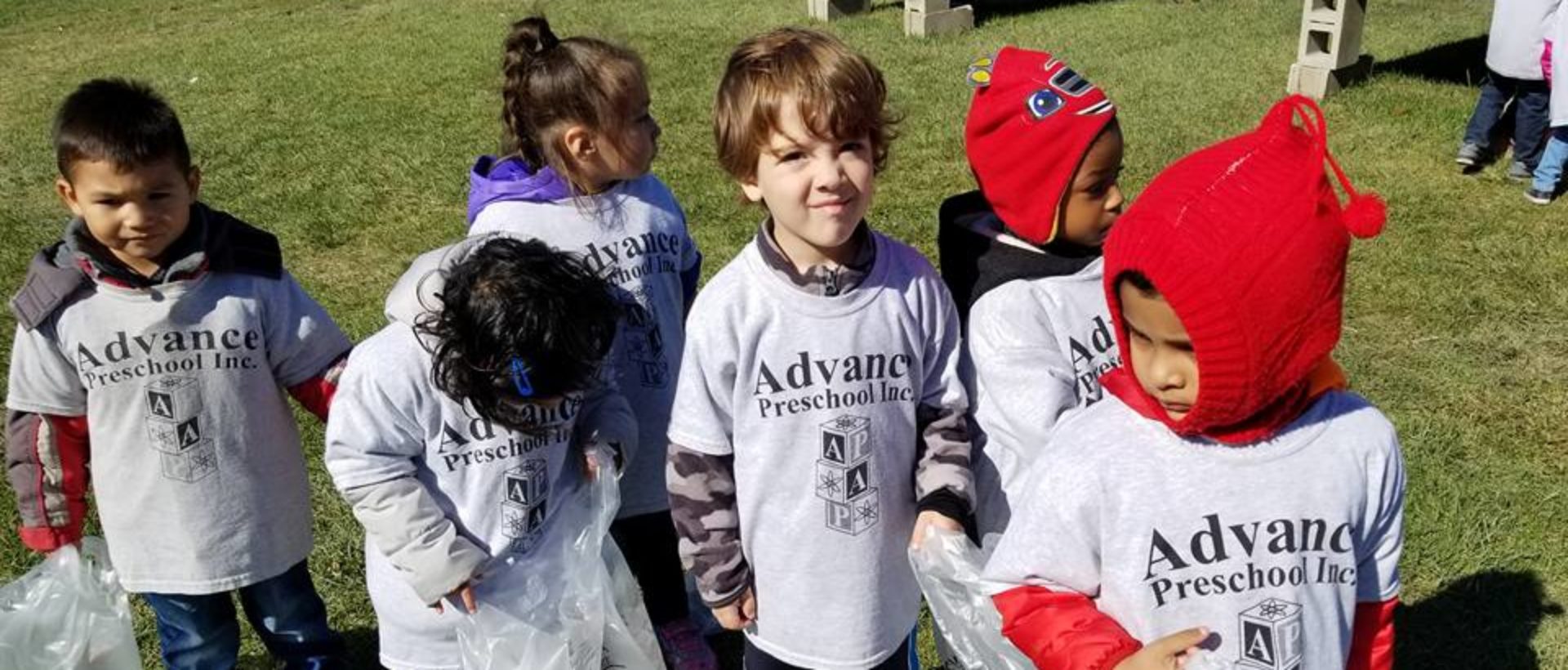Early learning and development are multidimensional and interrelated. How children develop in one area of their learning influences development in other domains. For example, a child’s language skills affect his or her ability to engage in social interactions. Therefore, early learning must be viewed as a “Big Picture” issue- developmental domains cannot be considered in isolation from each other. The dynamic interaction of all areas of development must be considered. Standards and benchmarks listed for each domain could also be cited in different domains.
Young children are capable and competent. All children are capable of positive developmental outcomes. There should be high expectations for all young children, regardless of their backgrounds and experience.
Children are individuals who develop at different rates. Each child is unique. Each grows and develops skills and competencies at their own pace. Some children may have a developmental delay or disability that may require program staff members to adapt expectations or experiences so that individual children can successfully achieve a particular benchmark.
Children possess a range of skills and competencies in any domain of development. All children within an age group should not be expected to arrive at each benchmark at the same time or to show mastery to the same degree of proficiency.
Children need clear, developmentally appropriate educational expectations. Early care and education program staff members must agree on what they expect children to know and be able to do within the context of child growth and development. With this knowledge, early childhood staff members can make sound decisions about appropriate curriculum for the group and for individual children.
Young children learn through active exploration of their environment in child initiated and teacher-selected activities. Early childhood educators recognize that children’s play is a highly supportive context for development and learning. The early childhood environment should provide opportunities for children to explore materials, engage in activities and interact with peers and adults to construct their own understanding of the world around them. There should, therefore, be a balance of child-initiated and teacher-initiated activities to maximize learning.
Families are the primary caregivers and educators of young children. Families should be aware of programmatic goals, experiences that should be provided for children and expectations for their performance by the end of the preschool years. Program staff members and families should work collaboratively to ensure that children are provided optimal learning experiences.

